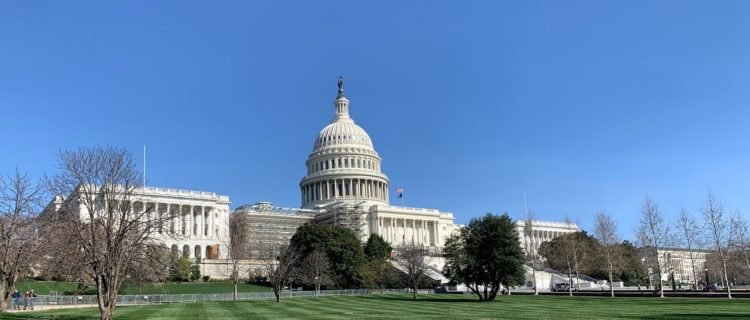Large Firm Service. Small Firm Attention.
Elder Law & Estate Planning
Understanding Medicaid’s Estate Recovery Program and Proposed Legislative Changes
By: Nicholas N. Khayumov In the legal sphere of elder law, navigating the intricacies of Medicaid is often a crucial step in accessing long-term care services for clients and their loved ones. In New York, Medicaid serves as a lifeline for many individuals seeking assistance with long-term care services, whether at home or in a…
Changes to New York Medicaid Income and Asset Limits in 2024
By Brian L. Miller With the new year upon us, the New York State Department of Health has issued its updates to the allowed income and resource limits for Medicaid applicants and recipients. For new Medicaid applications submitted between January 1, 2024, seeking community Medicaid benefits, an individual is allowed to keep non-exempt resources of…
2024 Estate and Gift Tax Exemptions
By Amy C. O’Hara, CELA Ringing in the new year brings updated estate and gift tax exemption amounts for 2024. The federal estate and gift tax exemption has now risen to $13.61 million per person, allowing married couples the advantage of portability, effectively safeguarding $27.22 million from estate taxes upon death. The tax rate for…
Transferring Real Property to Trust and Informing the Insurance Company
By Joel Krooks, Esq. Transferring your real property to a Revocable or Irrevocable Trust can be an effective estate planning tool to help your estate avoid probate, plan for Medicaid or to avoid an estate recovery from Medicaid. When the real property is transferred to a Trust, it is important to inform your homeowners and umbrella…
What is the SSI Savings Penalty Elimination Act?
By Jessica A. Saio Social Security Income (SSI) provides money to approximately eight million people, including many individuals with disabilities, to help afford daily living. The federal government has had the same rules in place for over thirty years regarding how much money people can earn, save, and have in their bank accounts if they…
Planning Tips When Confronted with a Terminal Illness
The Special Needs Alliance’s new issue of The Voice® is written by fellow SNA member. Nicola Melby of McCarthy Summers Wood Norman Melby & Schultz, PA in Stuart, FL. The firm serves Martin, St. Lucie, Indian River, Okeechobee and Palm Beach counties in Florida in the areas of elder & special needs law, estate planning, guardianship, and wills…
Applying for Supplemental Security Income
By Brian L. Miller, Esq. What is Supplemental Security Income? Supplemental Security Income (SSI) is a federal program through the Social Security Administration (SSA) that provides financial assistance to individuals with disabilities, low-income individuals over the age of 65, and certain blind individuals. To be eligible for SSI benefits, one must meet the following requirements:…
Medicaid Recertification
By Joel Krooks, Esq. Prior to March 2020, Medicaid recipients had to recertify for Medicaid every year. However, from March 2020 to March 2023, Medicaid cases were automatically extended because of COVID-19 and the public health emergency. The public health emergency ended on May 11, 2023, and as recently as March 2023, Medicaid has been…
Special Needs and Elder Law Proposed Legislation of Interest
By: Amy C. O’Hara, CELA I recently attended the Special Needs Alliance meeting. The Special Needs Alliance (SNA) is a national organization comprised of attorneys committed to the practice of disability and public benefits law. This organization is by invitation only of which I have the privilege of serving as President Elect of their Board…
Estate Planning for the Special Needs Family
By Amy C. O’Hara, CELA Estate planning is important for every family for several reasons, however, it becomes critical if you have a child with a disability. In creating a well thought out estate plan you can ensure your child is protected both financially and personally. Part of your plan will include designating a guardian…














